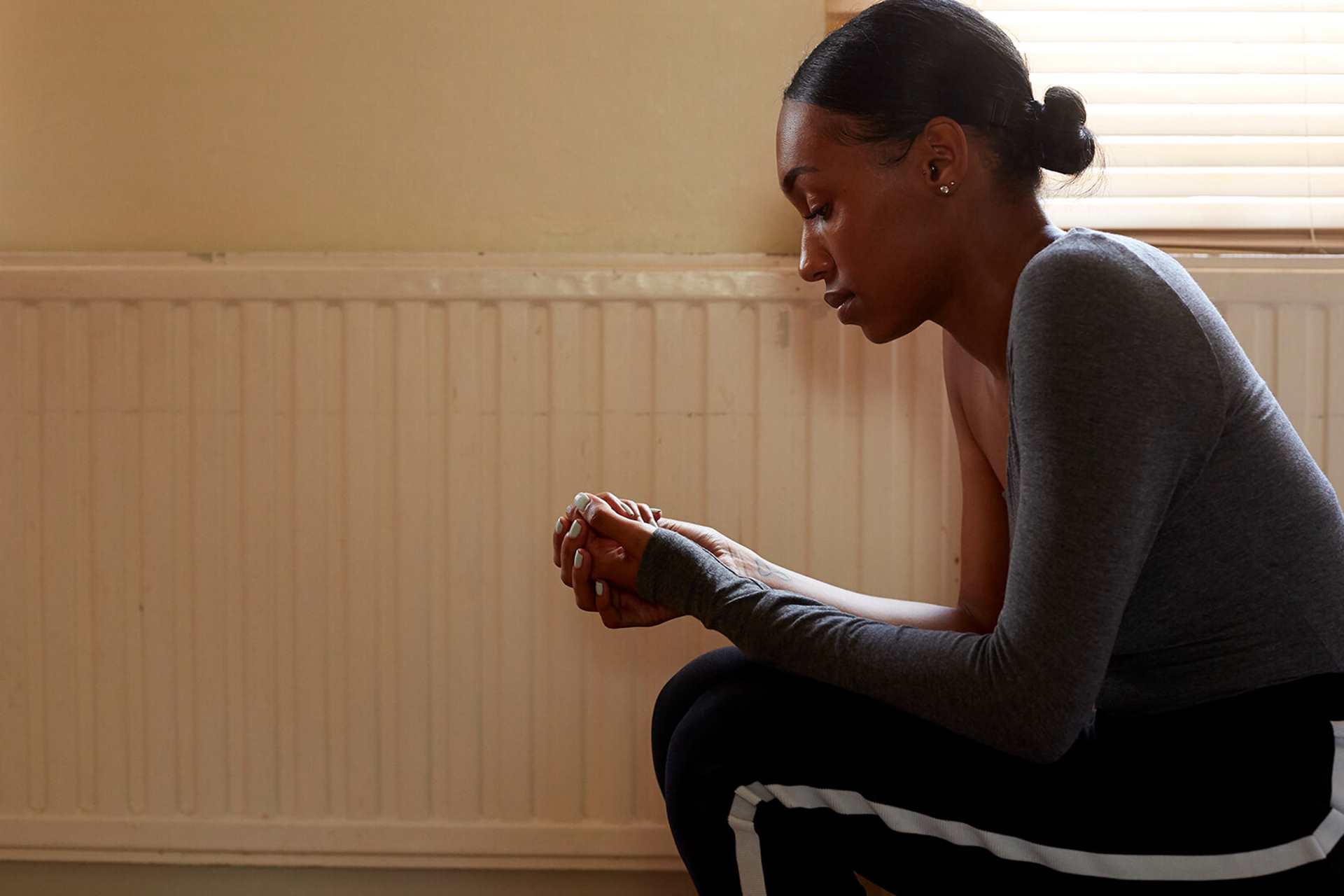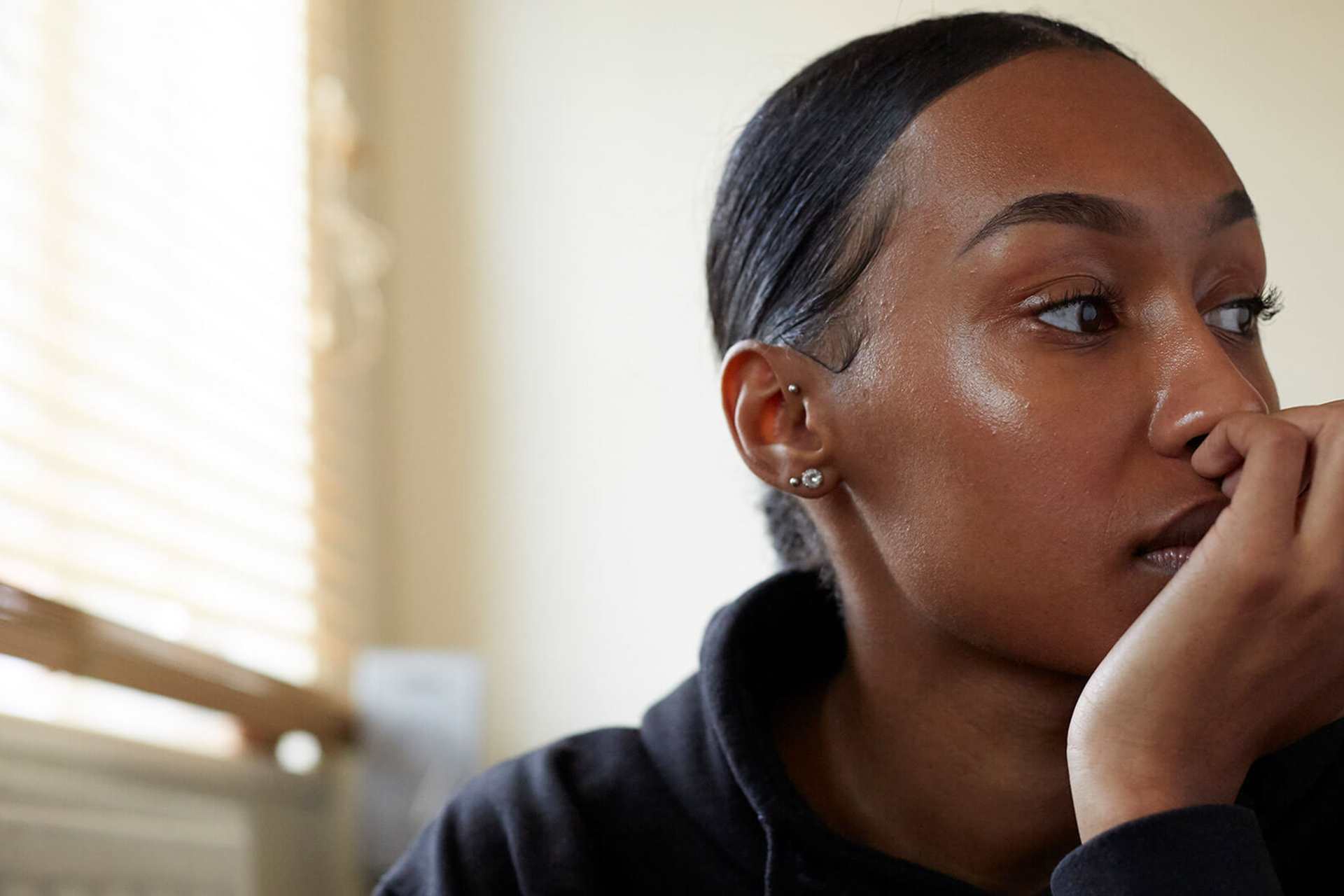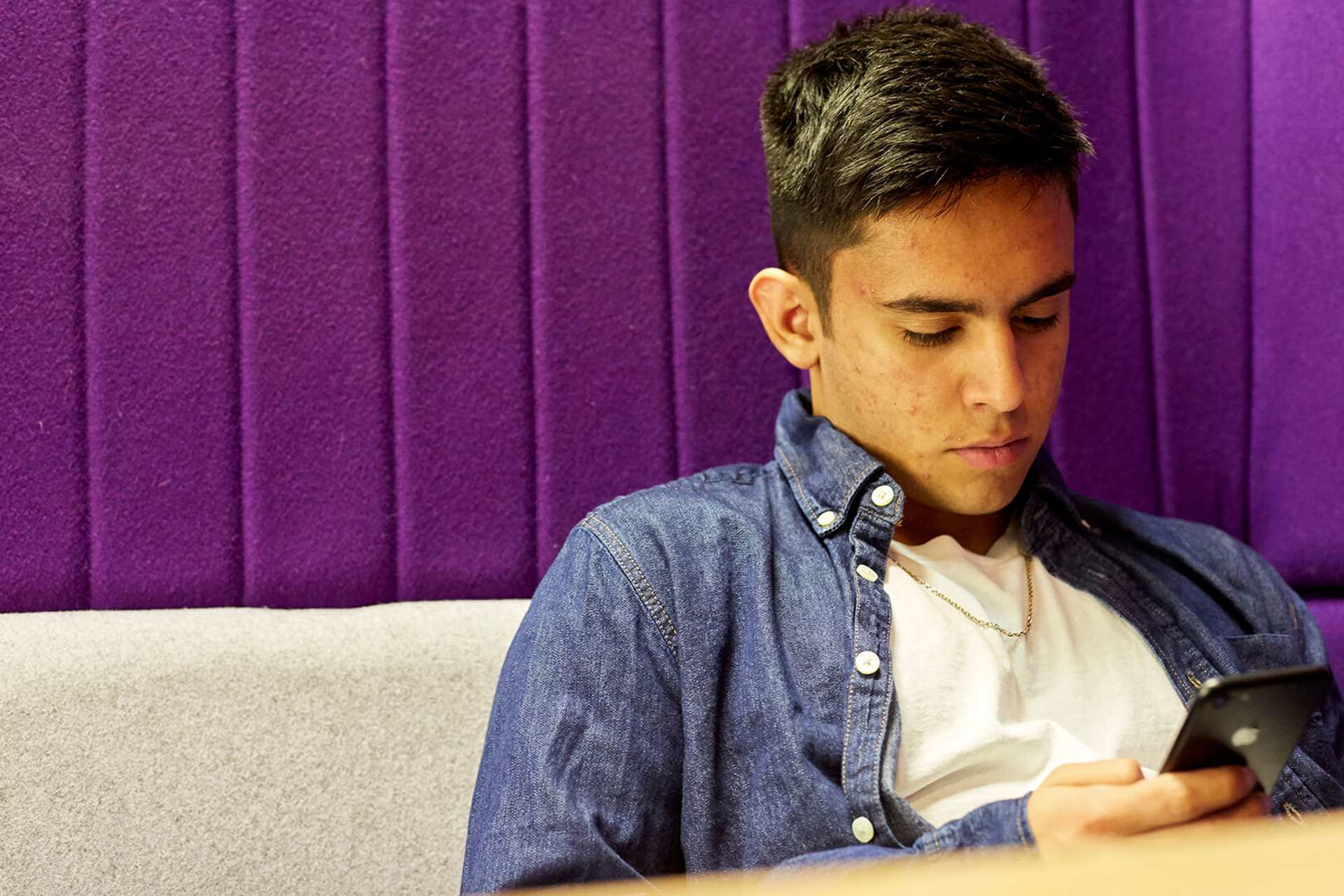Topics mentioned: anorexia, inpatient care
About: When Chloe was 17, she was admitted to an inpatient care unit with anorexia. This is her story of what life was like in the hospital and how it helped her in her eating disorder recovery.
Being an inpatient for an eating disorder
As for many young people, the Covid lockdown impacted my mental health significantly and ultimately led to my inpatient admission. I was diagnosed with anorexia in 2021 and received support from CAMHS up until my admission to hospital in May 2022. At the time, I was 17, terrified, and could not find any supportive and non-triggering information from other people who had been in the same situation. I want this blog post to reassure anyone going through the same thing and show that there is light at the end of the tunnel!
I want this blog post to reassure anyone going through the same thing... there is light at the end of the tunnel!
The process
Before my admission, the hospital emailed over a ‘welcome pack’, including what to take with me, daily routines, facilities and the treatment I would receive. Following this, we had a Zoom meeting with a number of staff, allowing me to ask any questions and be reassured about the process. We then arranged an arrival date and time, which was incredibly daunting but allowed time to mentally prepare, pack my belongings and see friends and family.
When it comes to what to pack, each hospital will vary but I would highly recommend taking home comforts. For me, I had my own bedroom and bathroom, meaning I could take my own bedding, room decorations and of course my Jelly Cats! Headphones also helped me when in the dining room, providing a sense of distraction at what can be a challenging time. Another thing to check is the prohibited items – we weren’t allowed razors, aerosols or any non-prescribed medicines to name a few.
When it comes to what to pack... I would highly recommend taking home comforts.
On my admission day, I was terrified and couldn’t speak throughout the whole journey due to nerves. However, when I arrived, I was given such a warm welcome from all the staff, instantly calming my anxiety. My parents and I were given a tour of the hospital, met with the doctors and had time to start unpacking my room. I also had a physical health check, including bloods, weight and height and my key nurse was so lovely during this. Once this had been done, my parents left and I began getting to know the other patients, who came to be such amazing and supportive friends!
The support provided
When going inpatient, you receive such a high amount of specialist support to aid your recovery. At my hospital, we had weekly family therapy, occupational therapy and regular meetings with dieticians and other healthcare staff. During the day, we would also have allocated times for meditation, arts and crafts as well as journalling. These sessions really benefitted me and the other patients, as they would often take our minds off what was going on and the difficulties we were facing.

The support staff were incredible and did everything they could to make this difficult journey much easier for me and the other patients. We were taken on regular days out, such as going shopping, trips to cafes and going into the village. One of my favourite days was going out to play mini golf with staff and the other patients, we made so many memories! As you progress in your recovery, you can go home for extended periods of time, which really supported my recovery and mental wellbeing. At the beginning, trips home are much more limited, but family and friends can come and visit.
We had allocated visiting periods, allowing mealtimes to not be affected. I think this is something I initially struggled with, as I had never been away from home before. But this spurred me on to fully commit to recovery and putting in all effort to get better.
Every week, we would have a care plan meeting, where all staff talked to you and your family about treatment and any changes that needed to be made. This was a time where you could make requests to go home, discuss changes to meal plans or ask questions. At the beginning, these meetings felt very overwhelming, but I came to realise that these were only to support me and my recovery.
After admission - what did I learn?
I spent nearly three months in my inpatient unit, and I can confidently say it was the best decision for me. I remember being adamant I didn’t need this support, but I believe I wouldn’t be where I am now if this admission didn’t take place. Before this, I was a shell of a person who had no goals or ambitions. Three years later, I have just finished my first year of university and look forward to finishing my degree to become a primary school teacher. Never did I think I would be able to live independently and move to a new city by myself, but I realised that there is more to life than my body and numbers on a scale.
I realised that there is more to life that my body and numbers on a scale.
To anyone struggling with an eating disorder, there is hope and I have every faith that you will come out on the other side. There is no quick fix but be open to support, talk to someone you trust and, most importantly, believe in yourself.
Where to get help
However you're feeling, there are people who can help you if you are struggling. Here are some services that can support you.
-
Beat
Offers information and support for anybody affected by eating disorders.
One-to-one web chat available. They also run a range of online support groups, which are all fully moderated and anonymous.
Enter your postcode in the HelpFinder to see what eating disorder support is available in your area.
View their information on helpline accessibility and confidentiality.
- Opening times:
- 365 days a year - weekdays (9am - 8pm); weekends (4pm - 8pm)
-
Samaritans
Whatever you're going through, you can contact the Samaritans for support. N.B. This is a listening service and does not offer advice or intervention.
- Opening times:
- 24/7
-
Childline
If you’re under 19 you can confidentially call, chat online or email about any problem big or small.
Sign up for a free Childline locker (real name or email address not needed) to use their free 1-2-1 counsellor chat and email support service.
Can provide a BSL interpreter if you are deaf or hearing-impaired.
Hosts online message boards where you can share your experiences, have fun and get support from other young people in similar situations.
- Opening times:
- 24/7
More information and advice
We have tips and advice to help you find the support you need. Take a look at our guides.






